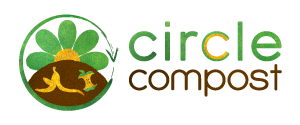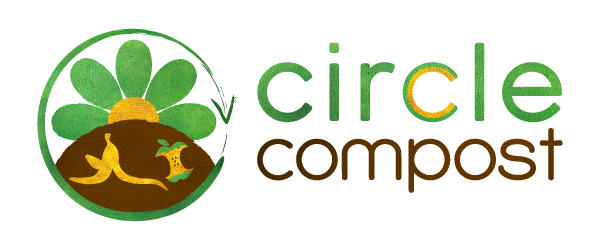Our company mission is to prevent food waste and organic discards from going to landfills. Our philosophy as living, breathing human beings extends beyond food waste and organic discards into all facets of consumerism. We are deeply concerned about the future of our planet, informed by a desire to leave the world a better place for our children than we currently find it as adults.
We are far from perfect as human beings and as consumers. We make purchases at supermarkets, online, and elsewhere and find ourselves throwing away non-recyclable packaging for which we wish we could create some form of reuse. When we throw things away for lack of other options, perceived or actual, we hope for the expansion of technologies to recycle those items into energy – we hope that people smarter than us will make society’s non-recyclable materials recyclable.
We do our best to contribute in small ways. We believe little things make a difference. We see rubber bands on our sidewalks and pick them up. What we’ll do with them we’re not sure, but at our current rate of rubber band collection, soon we’ll have a whole heck of a lot of ’em.
We always drink coffee from a reusable cup. Not just when we make coffee at home, but also when we expect that we’ll want to purchase a cup to go. With a bit of forethought, it’s not difficult – we just grab our empty to go cup and bring it with us when we leave home. Philly baristas are happy to fill our reusable cup instead of a disposable one – whether we’re at a local shop or a large chain.
We keep in mind the reasoning behind the sequencing of terms “reduce, reuse, recycle” – reducing is best, when we can. We constantly consider whether we need more of something, especially if that something involves packaging or other disposables (which so many somethings do, of course, in today’s world).
We always do our best to reuse. One of the beautiful things about reuse is it spurs creativity – how can we come up with a way to give a particular object value, find some alternative use for it after its intended use is spent? And we buy used items instead of new whenever we feel it makes sense and is possible.
The final option is to recycle – we humans are creating more and more ways to recycle our waste and we cannot stop working to improve. Anything we can create we can also find a way to recycle. There is energy contained in all objects. Plastics, polyester, other oil derivatives and synthetics have energy locked inside of them and it’s our duty, as the engines for transformation of oil and formulators of synthetics, to unlock that energy by recycling it back into some useful form. Extended producer responsibility, full product lifecycle accountability should and must be our future if we want to sustain our planet for generations to come. “Recycle” is the last option after “reduce” and “reuse” because recycling processes require additional energy, but we can power our recycling efforts with renewable energy technologies. We can and we must.
We are composters. Our philosophy requires thoughtfulness and deliberate lifestyles with the circle of life top of mind. We’re teaching children and adults how to compost and why to compost. We do our best to use bicycles for all of our food waste and organic discards pickups to avoid releasing harmful CO2 emissions into our precious atmosphere. Our cyclists list their routes on their phones rather than printing them onto paper. We help Philly’s urban farms grow healthy food for Philadelphia neighborhoods, some of which are otherwise “food deserts” who rely on our farms for fresh vegetables. Our customers are our partners in doing this work – we cannot do any of it without you. You’re the reason we’re able to do what we do. We’re doing it together.


2 Comments
Leave your reply.